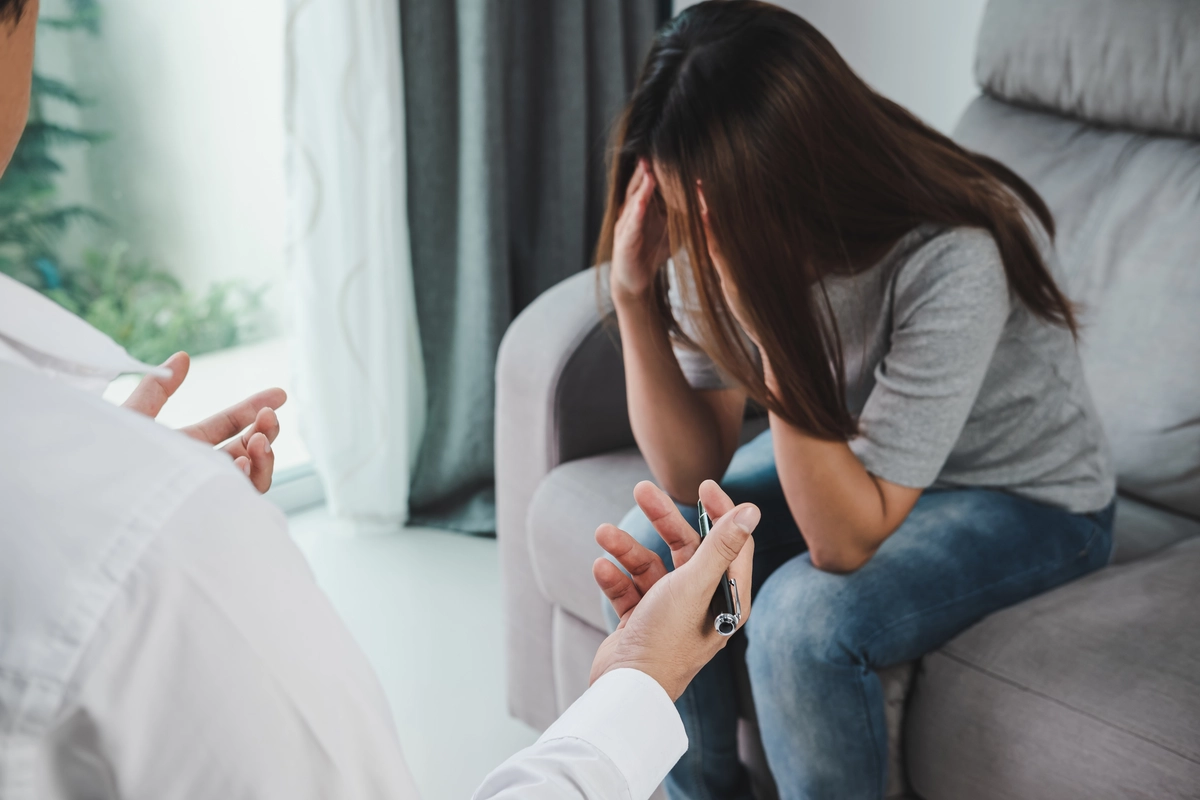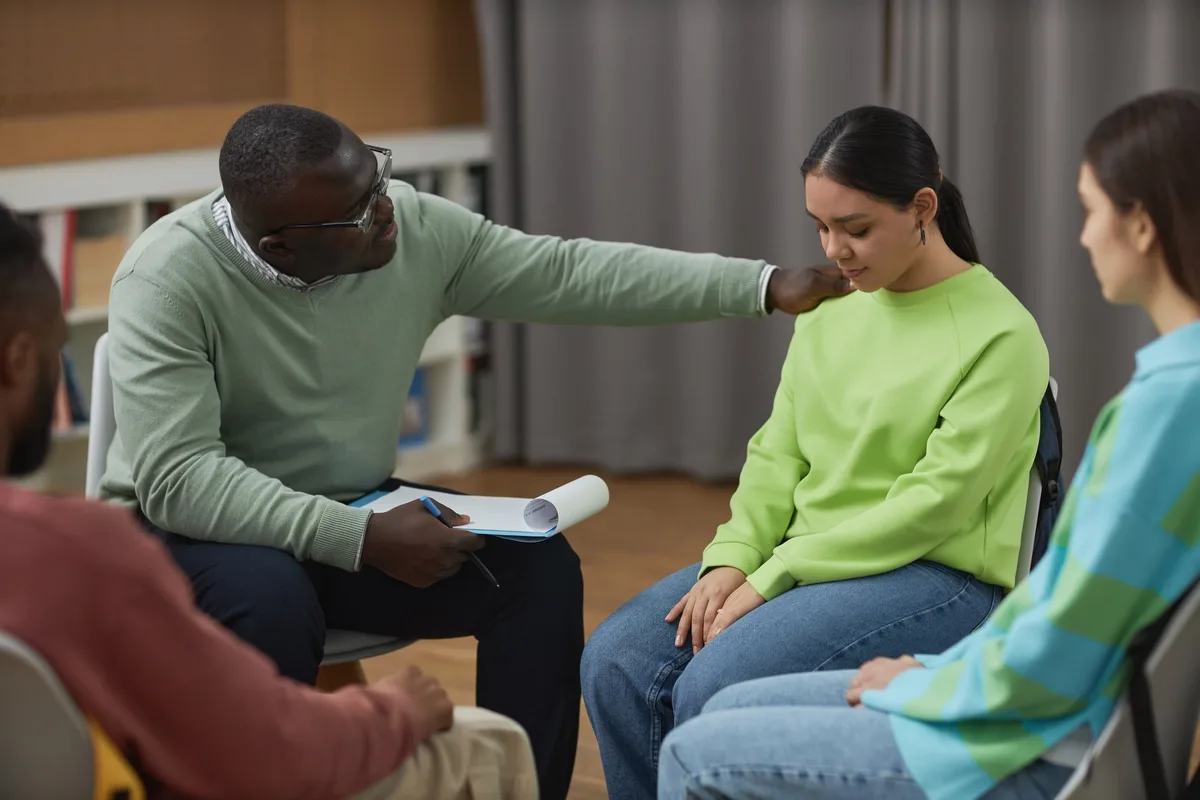24/7 Helpline:
(866) 899-221924/7 Helpline:
(866) 899-2219
Learn more about Benzo Rehab centers in Buckeystown
Benzo Rehab in Other Cities

Other Insurance Options

AllWell

Providence

GEHA

PHCS Network

Optima

Choice Care Network

Evernorth

Kaiser Permanente

Ceridian

Excellus

Ambetter

Group Health Incorporated

Carleon

Magellan Health

MVP Healthcare

BHS | Behavioral Health Systems

Coventry Health Care

BlueShield

Absolute Total Care

Health Partners


























